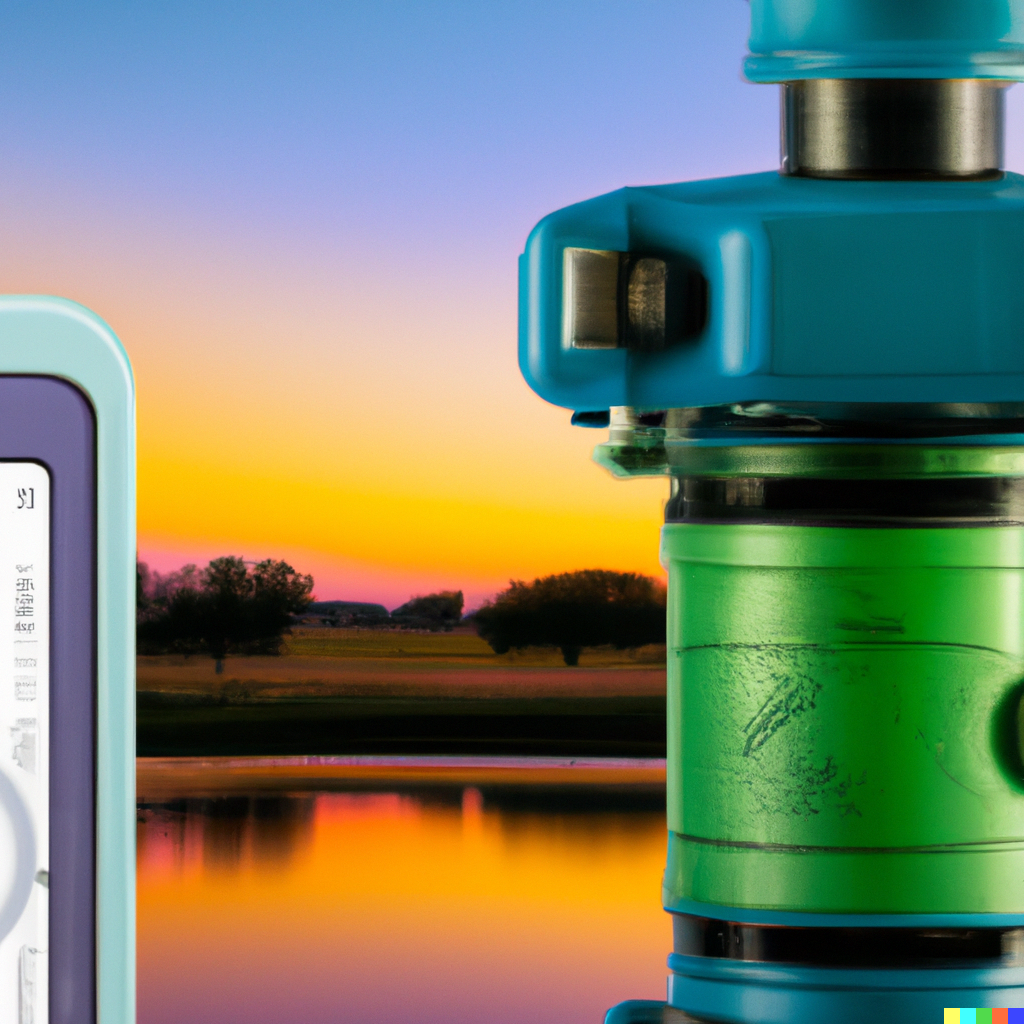No. 31: Use smart irrigation controllers
No. 31: Use smart irrigation controllers
Number 31
Learn why you should do this:
Water is a valuable and limited resource, and reducing its wastage is critical to ensuring a sustainable future. Schools are one of the largest consumers of water, with their landscapes requiring extensive irrigation. Installing internet-connected smart irrigation controllers in schools can reduce water wastage while also providing financial benefits. In this article, we will explore the environmental and financial benefits of installing internet-connected smart irrigation controllers in schools.
Environmental Benefits
By installing smart irrigation controllers, schools can reduce water usage by up to 50%. According to the Environmental Protection Agency (EPA), smart controllers can help reduce outdoor water usage by up to 30% (EPA, 2022). By using real-time weather data and sensors to adjust watering schedules, smart controllers ensure that water is only applied when necessary. As a result, they can reduce the amount of water consumed, conserve water resources, and mitigate the effects of drought.
Moreover, smart irrigation controllers can help reduce the use of fertilizers and pesticides. By delivering the right amount of water to plants, smart controllers help prevent over-watering, which can leach nutrients and chemicals from the soil into waterways. This can help protect water quality and reduce the amount of pollution in our environment.
Financial Benefits
Installing smart irrigation controllers can also result in significant cost savings. By reducing water usage, schools can save money on water bills and energy costs associated with pumping and treating water. According to the EPA, schools can save up to $115 per irrigation controller per year by using smart controllers (EPA, 2022). These savings can add up quickly in large schools with extensive landscapes.
Moreover, smart controllers can help schools avoid costly fines for water wastage. Many municipalities have regulations and penalties for excessive water usage, and smart controllers can help schools comply with these regulations and avoid fines.
Expert Opinions
Experts agree that smart irrigation controllers are an effective way to conserve water and reduce costs. According to the Irrigation Association, “smart irrigation controllers offer numerous benefits, including improved plant health, reduced water use, and savings in time, money, and water” (IA, 2022). The EPA also recommends the use of smart controllers as part of its WaterSense program, which promotes water efficiency (EPA, 2022).
Conclusion
Installing internet-connected smart irrigation controllers in schools can have significant environmental and financial benefits. By reducing water consumption, schools can conserve water resources, protect water quality, and save money on water bills and energy costs. Additionally, smart controllers can help schools avoid costly fines for water wastage. Experts agree that smart irrigation controllers are an effective way to achieve these goals and promote sustainable water management practices.
Sources:
- EPA. (2022). WaterSense: Smart Irrigation Controllers. Retrieved from https://www.epa.gov/watersense/smart-irrigation-controllers
- Irrigation Association. (2022). What Are Smart Irrigation Controllers? Retrieved from https://www.irrigation.org/IA/Resources/Smart_Irrigation/IA/Resources/Smart_Irrigation/Smart_Irrigation.aspx?hkey=3e77b548-65d6-4431-94b1-df9d7488f23e
- WaterSense. (2022). Schools. Retrieved from https://www.epa.gov/watersense/schools

All 100 ideas in one, easy to share ebook. Download now and start helping your school be its best version of itself...
Downloaded over 17,000 times!

More ways to make a difference, now!
No. 98: Allow only reusable dishware at school
Number 98 Using reusable dishware at schools has many benefits, including reducing waste, lowering costs, and promoting sustainability education. Research shows that switching to reusable dishware can have a significant positive impact on the environment and finances...
No. 74: Set up beehives in the school grounds
Number 74 Setting up beehives on school grounds can have numerous benefits, including environmental, educational, and financial advantages. The presence of bees can help to support local ecosystems, provide opportunities for student learning, and even generate revenue...
No. 50: Use food waste digesters for fertilizer
Number 50 Food waste digesters are an effective solution to reduce food waste and produce high-quality fertilizer for schools. This sustainable system not only benefits the environment by reducing greenhouse gas emissions, but it also saves schools money on waste...





